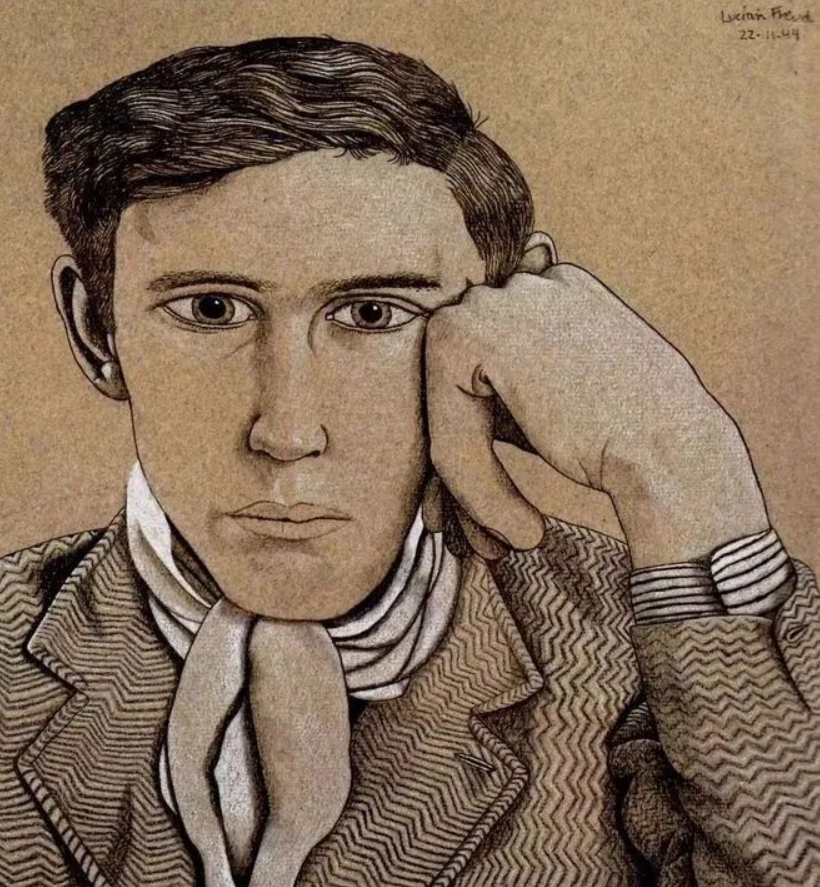Lucian Freud: The Profound and Intense World of an Oil Painting Maestro

British Contemporary Artist Lucian Freud: Lucian Freud was born in Berlin in 1922. Due to his Jewish background, his family fled to England in 1933 and became a British citizen. He became a professional painter in the 1940s and is the most influential contemporary painter of the time. Some even say that he is the greatest artist of the 20th century besides Picasso. On July 20, 2011, Freud died of illness in London at the age of 88.
Lucian Freud was a British painter of German-Jewish heritage. Born in Berlin in 1922, he moved to London with his family during his childhood. His early life was marked by a sense of displacement and a growing awareness of the complex world around him, which would later find expression in his art.
Freud’s learning in art was a somewhat unorthodox yet highly formative journey. He attended the Central School of Arts and Crafts and later the East Anglian School of Painting and Drawing. However, he was also a self-taught artist in many respects, constantly experimenting and evolving his style through direct observation and practice. His early works showed the influence of Surrealism, but he soon developed a distinctively individual approach.
In terms of his painting technique, Freud was known for his thick application of paint. He built up layers of pigment, often using a palette knife, to create a textured and tactile surface. His brushstrokes were bold and deliberate, emphasizing the physicality of the paint. He had an uncanny ability to capture the human form with a raw and unflinching realism. His portraits, in particular, were a study of the human psyche as much as the physical appearance. He focused on the imperfections, the vulnerabilities, and the inner tensions of his subjects, using a limited color palette dominated by earthy and muted tones to heighten the sense of psychological intensity. For example, in his many portraits of sitters, he would meticulously render every wrinkle, blemish, and strand of hair, revealing a profound and often uncomfortable truth about the human condition.
Freud’s achievements are truly remarkable and have had a lasting impact on the art world. His works have been exhibited in major museums and galleries around the globe, commanding high prices and critical acclaim. He was a major influence on the development of contemporary figurative painting, inspiring generations of Artists to explore the human figure with greater depth and honesty. His art challenged traditional notions of beauty and idealization, instead presenting a more visceral and immediate view of humanity. He received numerous awards and honors throughout his career, and his paintings are now considered some of the most important and iconic works of 20th-century art. Lucian Freud’s unique artistic voice and uncompromising dedication to his craft have left an indelible mark on the history of Oil painting.




